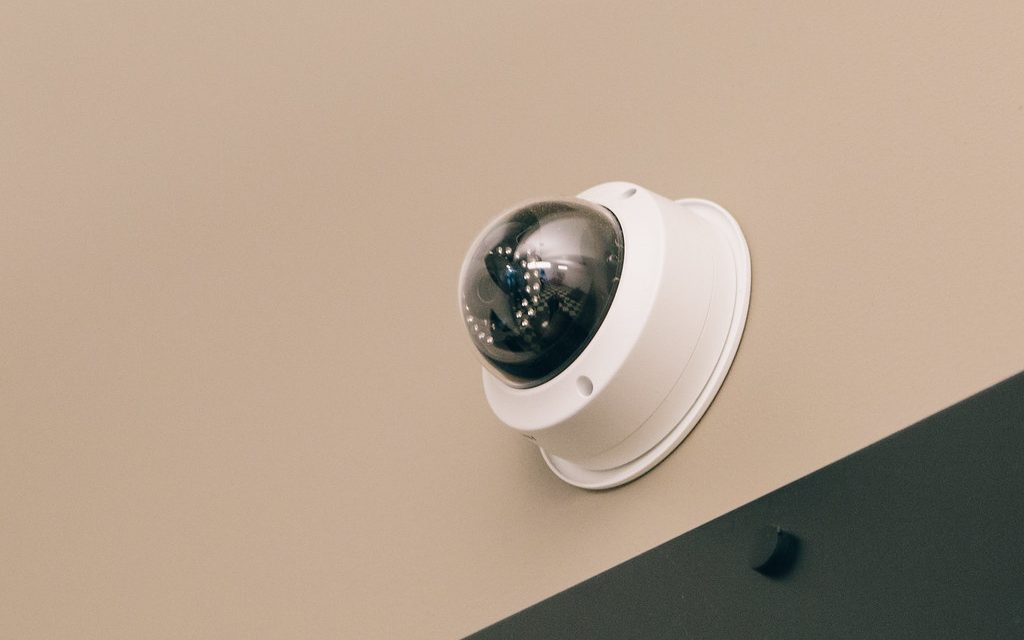(Update: Check out Part 2 here.)
We’ve all heard the Airbnb horror stories: hidden cameras, destructive guests, scammer hosts, homes that don’t match the listing… The list goes on. Security and privacy are two very real concerns for those using Airbnb, and it’s totally understandable in this day and age when anything and everything can be put up on the internet for public consumption.
There are limits as to where CCTVs can be installed. Airbnb’s hosting safely guidelines requires “all members of the Airbnb community to respect each other’s privacy”. Hosts must disclose all surveillance devices in their listings and are also not allowed to place any recording devices in private rooms like bathrooms and sleeping areas. But the question remains: do hosts have the right to install surveillance devices in their properties? The stunning answer is “yes”. Here’s why:
- CCTVs help prevent burglaries and safeguard guests.
- CCTV footage can be used as evidence in the event of an accident in the property.
- CCTVs are proof of guests’ bad behaviour eg smoking or partying.

How to improve security of Airbnb units
1. Install CCTV outdoors only
Place a camera by the front door so you can monitor how many guests come in and out of the house, as well as identify their faces.
2. Vet your guests
The best way to ensure that you have reliable guests is to ask questions so you know the purpose of their visit and plans. Some will accidentally “expose” themselves by revealing that they plan to bring extra guests. Other warning signs include guests that are evasive or who only book for one night. This could be that they’re using it for a party. And don’t forget to screen for documents such as IC, contact number, credit card number, photo etc.
3. Get insurance coverage
Airbnb provides insurance coverage for up to US$1 million for certain property damage. However, it doesn’t cover personal belongings. This includes artwork, collectables, jewellery, and items that suffer ordinary wear and tear. So, Airbnb recommends that you have your own private home insurance coverage for non-insured items.
4. Make house rules clear
Be as specific as possible regarding rules on smoking, drinking, extra guests, overall etiquette, and cleanliness. This helps to make it possible to cancel the reservation if guests don’t comply with your rules.





